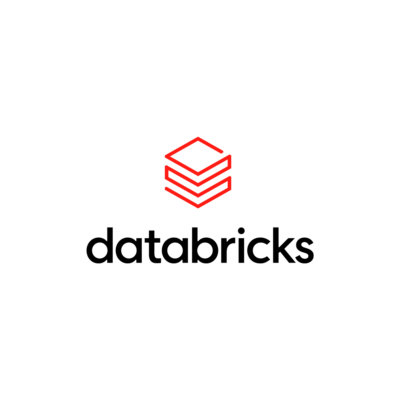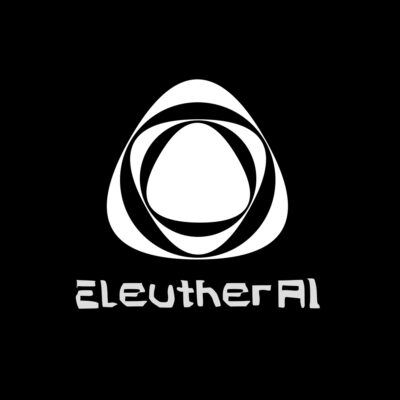Compare Models
-
Databricks
Dolly 2.0
FREEDolly 2.0 by Databricks, is the first open source, instruction-following Large Language Model, fine-tuned on a human-generated instruction dataset and is licensed for research and commercial use, which means any organization can create, own, and customize powerful LLMs that can talk to people without paying for API access or sharing data with third parties.Dolly 2.0 is a 12B parameter language model based on the EleutherAI pythia model family and fine-tuned exclusively on a new, high-quality human generated instruction following dataset (crowdsourced among Databricks employees – so cool). Dolly-v2-12b is not a state-of-the-art model, but it does exhibit surprisingly high-quality instruction following behavior not characteristic of the foundation model on which it is based. Dolly v2 is also available in smaller model sizes: dolly-v2-7b, a 6.9 billion parameter based on pythia-6.9b and dolly-v2-3b, a 2.8 billion parameter based on pythia-2.8b.Dolly 2.0 can be used for brainstorming, classification, open Q&A, closed Q&A, content generation, information extraction, and summarization. You can access the Dolly 2.0 can training code, the dataset, and the model weights on Hugging Face. -
EleutherAI
GPT-J
FREEEleutherAI is a leading non-profit research institute focused on large-scale artificial intelligence research. EleutherAI has trained and released several LLMs and the codebases used to train them. GPT-J can be used for code generation, making a chat bot, story writing, language translation and searching. GPT-J learns an inner representation of the English language that can be used to extract features useful for downstream tasks. The model is best at what it was pretrained for, which is generating text from a prompt. EleutherAI has a web page where you can test to see how the GPT-J works, or you can run GPT-J on google colab, or use the Hugging Face Transformers library. -
EleutherAI
GPT-NeoX-20B
FREEEleutherAI has trained and released several LLMs and the codebases used to train them. EleutherAI is a leading non-profit research institute focused on large-scale artificial intelligence research. GPT-NeoX-20B is a 20 billion parameter autoregressive language model trained on the Pile using the GPT-NeoX library. Its architecture intentionally resembles that of GPT-3, and is almost identical to that of GPT-J- 6B. Its training dataset contains a multitude of English-language texts, reflecting the general-purpose nature of this model. It is a transformer-based language model and is English-language only, and thus cannot be used for translation or generating text in other languages. It is freely and openly available to the public through a permissive license. -
Amazon
SageMaker
FREEAmazon SageMaker enables developers to create, train, and deploy machine-learning (ML) models in the cloud. SageMaker also enables developers to deploy ML models on embedded systems and edge-devices. Amazon SageMaker JumpStart helps you quickly and easily get started with machine learning. The solutions are fully customizable and supports one-click deployment and fine-tuning of more than 150 popular open source models such as natural language processing, object detection, and image classification models that can help with extracting and analyzing data, fraud detection, churn prediction and personalized recommendations.The Hugging Face LLM Inference DLCs on Amazon SageMaker, allows support the following models: BLOOM / BLOOMZ, MT0-XXL, Galactica, SantaCoder, GPT-Neox 20B (joi, pythia, lotus, rosey, chip, RedPajama, open assistant, FLAN-T5-XXL (T5-11B), Llama (vicuna, alpaca, koala), Starcoder / SantaCoder, and Falcon 7B / Falcon 40B. Hugging Face’s LLM DLC is a new purpose-built Inference Container to easily deploy LLMs in a secure and managed environment. -
StableLM
StableLM-Base-Alpha -7B
FREEStability AI released a new open-source language model, StableLM. The Alpha version of the model is available in 3 billion and 7 billion parameters. StableLM is trained on a new experimental dataset built on The Pile, but three times larger with 1.5 trillion tokens of content. The richness of this dataset gives StableLM surprisingly high performance in conversational and coding tasks, despite its small size. The models are now available on GitHub and on Hugging Face, and developers can freely inspect, use, and adapt our StableLM base models for commercial or research purposes subject to the terms of the CC BY-SA-4.0 license.





